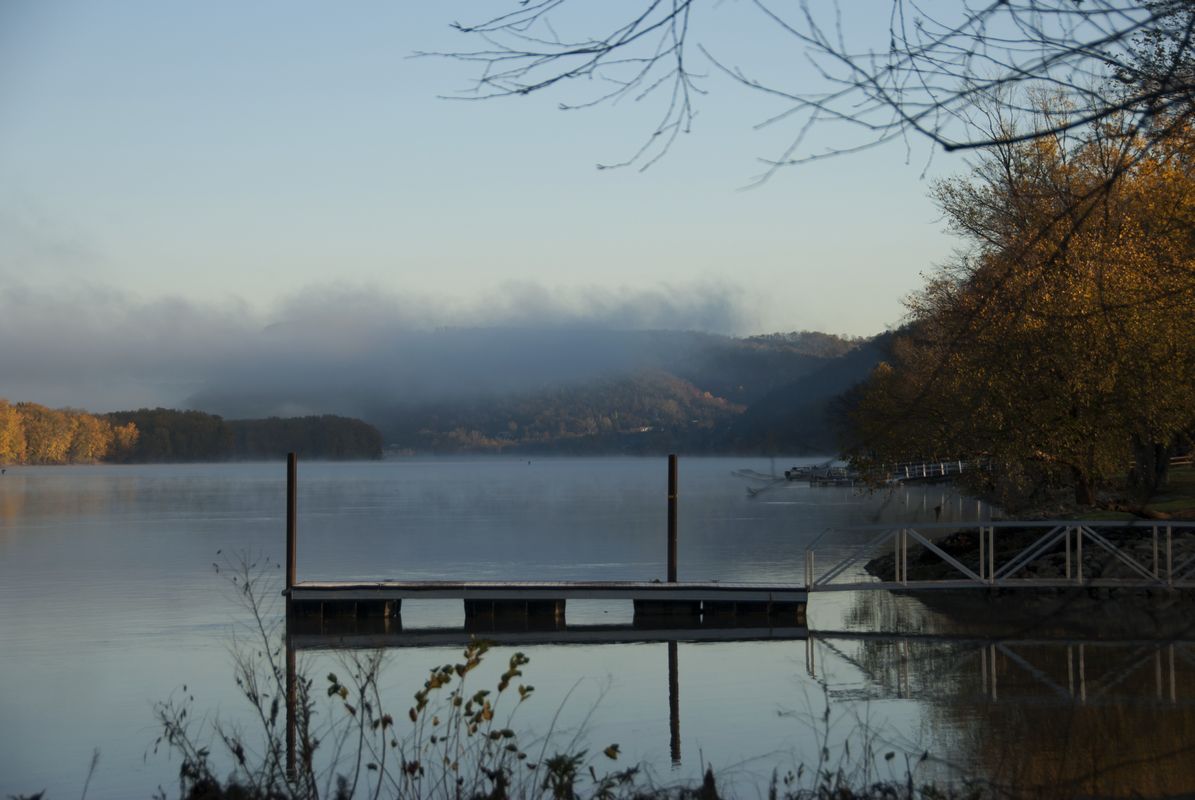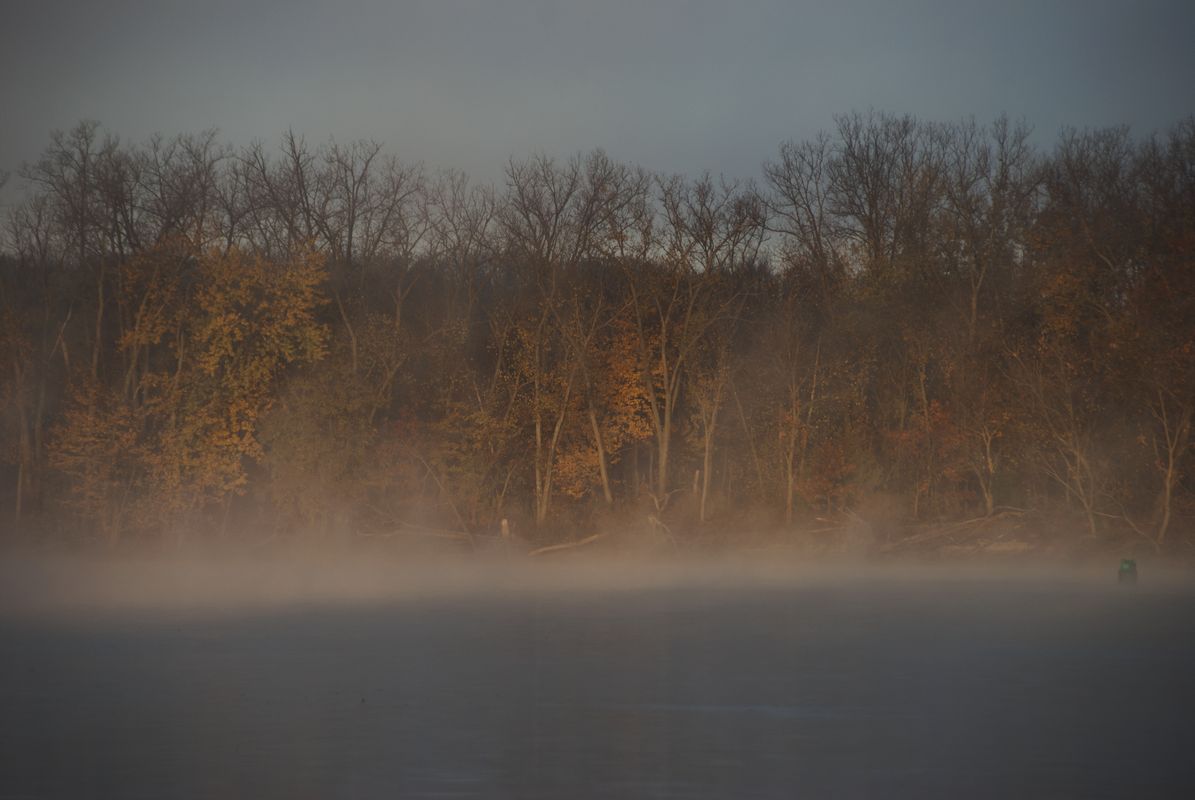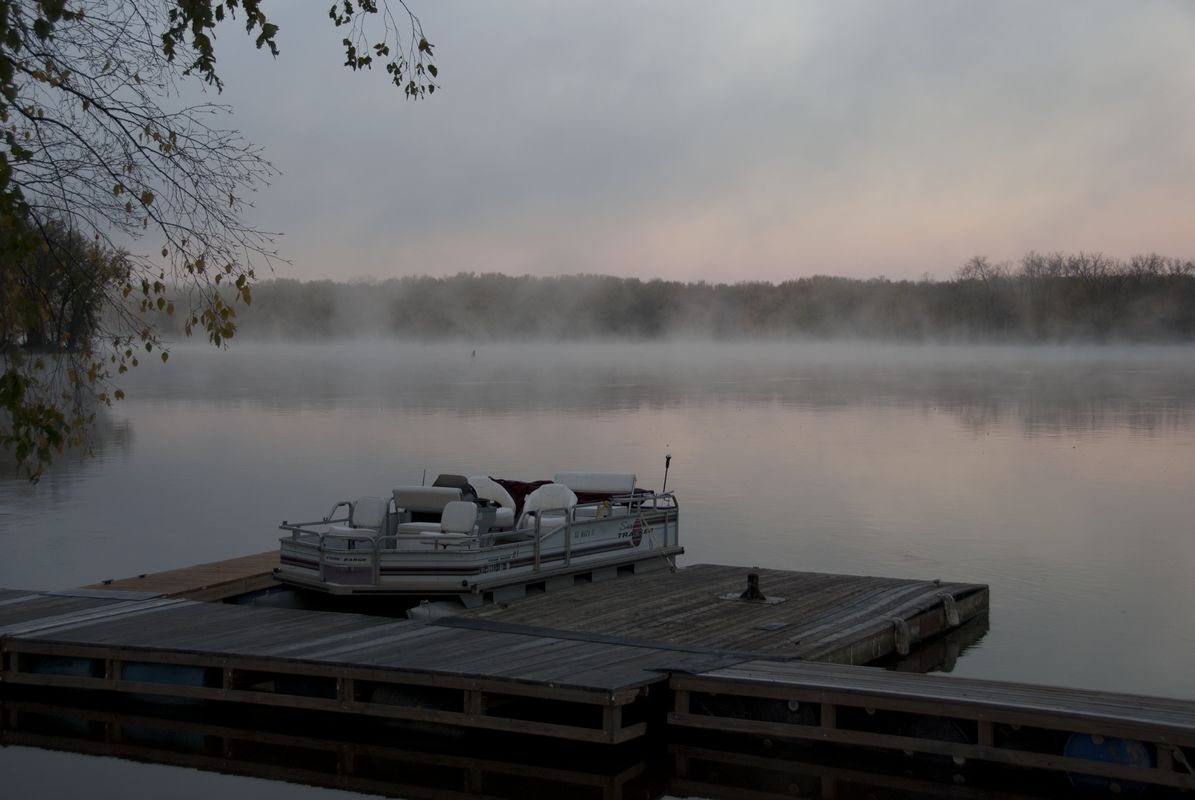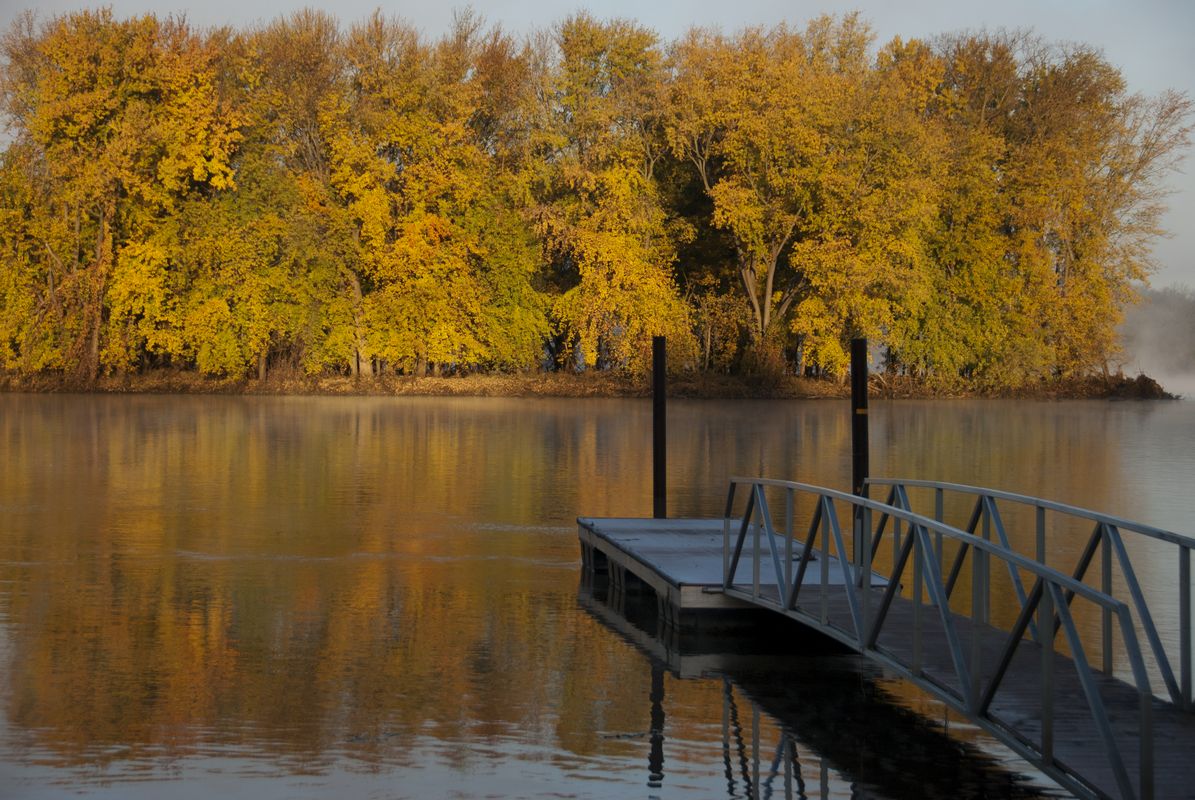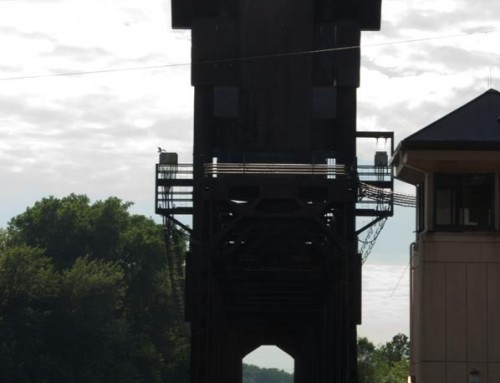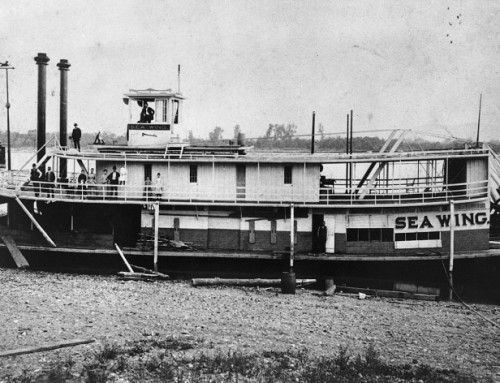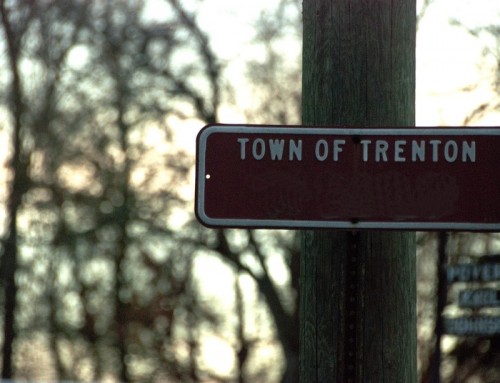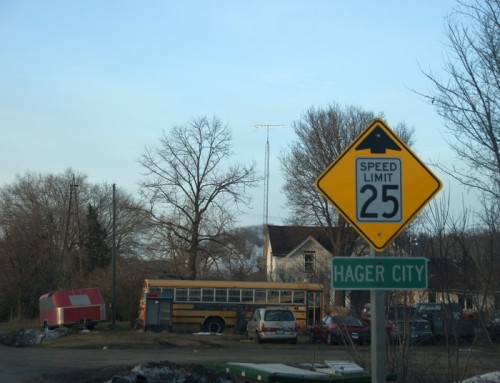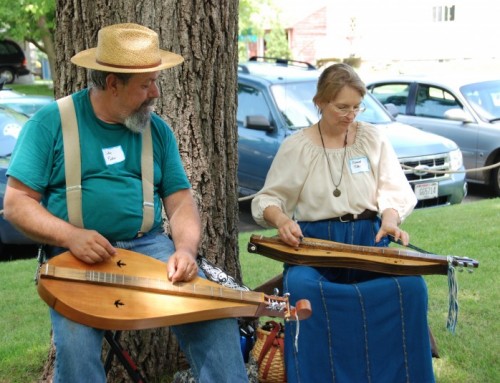Introduction
The small village tucked into the bluffs takes it name from its proximity to the final battle of the Black Hawk War; won by the US Army, the fight quickly devolved into a massacre of Sauk and Meskwaki Indians.
History
Ira Stevens was born near Toronto in 1819; he left home at age 20. He worked in Galena for a few years, then moved on to Prairie du Chien in 1844. Five years later he moved another 30 miles upriver and became the first settler for the village of Victory. The site had previously housed a small trading post; because of Stevens, the site became known as Stevens’ Landing. When the village was platted in 1852, Judge William Terhune, one of the original landowners, suggested the name Victory because the village was near the location of the final battle in the Black Hawk War.
At the time of the plat, Victory had three houses; it only takes a casual glance to see that the village has only a few more than that today. Victory enjoyed a few years as a reasonably busy spot for buying and shipping grain because it had a good steamboat landing, but the village lost business to De Soto after its residents furtively built a wing dam to improve their own landing.
Victory had 114 residents by 1880 and has been something of a melting pot—more of a melting teaspoon, really—as there was no single nationality that dominated among the early settlers. In the 19th century, residents of Victory could take a steamboat to La Crosse and return the same day; for 50 cents, they got a full day’s ride, plus two hours to shop in the city.
One of the most memorable events in the town’s history was the crash of the John Streckfus steamer in June 1910. As the boat was returning to Lansing from La Crosse, it erupted in flames, causing panicked passengers to jump into the shallow river for safety; one young woman died from the jump. The captain ran the boat aground on Bad Axe Island, so passengers could evacuate. It took several hours to get everyone back to the mainland. Remarkably, only two of the ship’s 1500 passengers died. The cause of the fire has been a source of controversy from the beginning. The evidence suggests that the fire started with John Pleen, who was the other person who died in the fire. Pleen had been thrown in the brig for disorderly conduct and drunkenness. His nearly extinguished cigar probably ignited the fire.
TIP: Cell phone reception can be a little tricky along the river because the bluffs interfere with the signal. If you are having trouble getting reception, head up to the top of a ridge and give it a try, or, just put your phone away and enjoy the quiet.
Exploring the Area
Take a self-guided tour around the Genoa National Fish Hatchery (S5689 State Highway 35; 608.689.2605; free) for insights into the process of breeding fish. The hatchery also hosts a Great River Road Interpretive Center, which houses exhibits on the habitat of the Upper Mississippi River and regional history.
Parks Along the Mississippi River
Blackhawk Park (E590 County Road BI; 608.648.3314) has a number of good spots for fishing, picnicking, and wildlife watching, plus a swimming beach.
**Looking for more places to visit along the Mississippi River? Check out Road Tripping Along the Great River Road, Vol. 1. Click the link above for more. Disclosure: This website may be compensated for linking to other sites or for sales of products we link to.
Where to Sleep
Camping
Blackhawk Park (E590 County Road BI ; 608.648.3314) has a large campground along a backwater channel with several separate camping areas. The sites nearest the shower house are cramped and have little shade, but there are a few primitive sites at the boathouse camping area that are separated from the rest of the campground and are right next to the river with great views; be prepared for mosquitoes, though. The sites around Peck Lake are generally more private, especially around the east side of the lake.
Community-supported writing
If you like the content at the Mississippi Valley Traveler, please consider showing your support by making a one-time contribution or by subscribing through Patreon. Book sales don’t fully cover my costs, and I don’t have deep corporate pockets bankrolling my work. I’m a freelance writer bringing you stories about life along the Mississippi River. I need your help to keep this going. Every dollar you contribute makes it possible for me to continue sharing stories about America’s Greatest River!
Photographs from Around Victory
A Song for Victory
Victory by Mr. Blink from Free and Loafing in La Crosse (2009)
©Dean Klinkenberg, 2024, 2021, 2018,2013,2011


